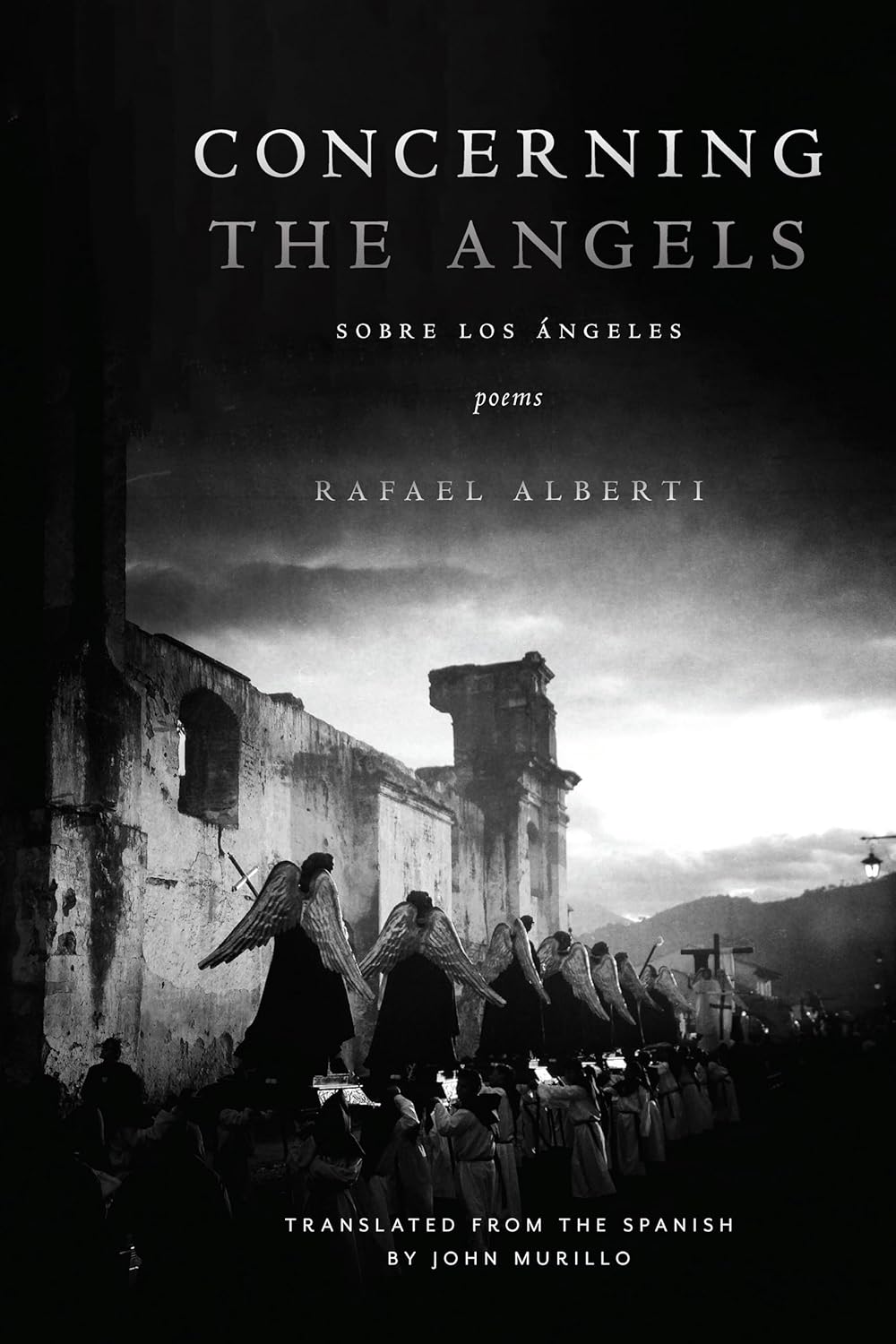Translated from the Spanish by SARAH THOMAS
Translator’s Note:
In the two decades that I have known Mar Gómez Glez, she has established herself as one of the most memorable and unique voices of her generation of Spanish writers. Mar’s output is impressive in its creativity, complexity, and the diversity of its genres and subjects: three novels, more than twice as many plays, a children’s book, and two non-fiction books (a study of Saint Teresa of Ávila and a cultural history of blood). These works treat a wide variety of topics ranging from pressing political themes to the deeply personal autobiographical content of her novel in vignettes La edad ganada, from which this text is drawn. What all her work shares in common is a deep ethical concern with human experience, the connections forged and broken between us, and our responsibility to others.
Among these diverse works, La edad ganada is one of the most experimental and personal. It brings fresh form to the bildungsroman: standalone chapters offer snapshots of an unnamed protagonist’s coming of age from two to thirty, their sequential numeric titles indicating her age (in the original, this text is titled “veinticuatro” or “twenty-four”). Across the stories, the narrative point of view constantly shifts, at times in daring or surprising ways, but the protagonist’s experience and voice remain at the center of the text. While deeply personal, the work also speaks to deeper ethical and relational imperatives. This chapter, which I have called “Playing Chicken” in the translation, is rooted in cultural specificity—the bureaucracy of Spanish universities, the classic winter stew cocido madrileño—but also explores a story that is all too familiar and universal: of power imbalance, the unspoken expectations articulated just below the surface of what is explicitly said, and the potentially devastating consequences of playing along.
—Sarah Thomas
Playing Chicken
They had arranged to meet in the park at 2 pm sharp. The student arrived at quarter to, and sat on a bench, watching the children play to entertain herself. The air was strangely cold, a springtime chill that came and went.










